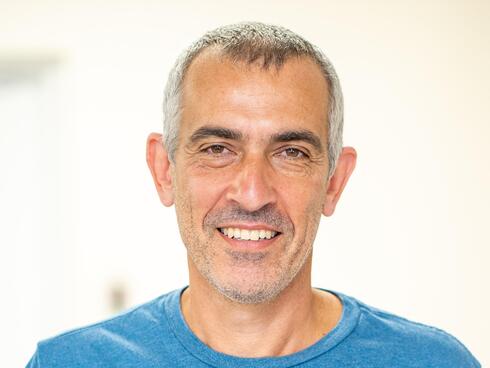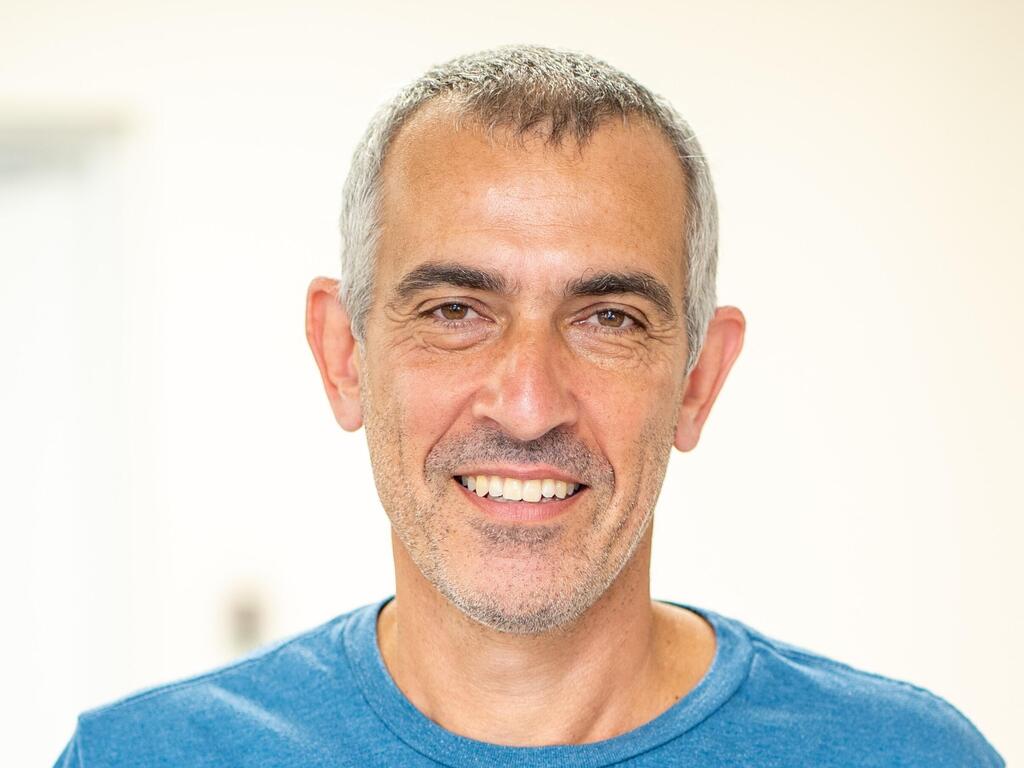
Vayyar Care’s new tech solution for an old person problem
Adults who care for their parents from afar can install sensors helping them track the behavior and potential falls of the elderly
“When you look at the world, it is getting older and this is becoming a huge problem,” said Raviv Melamed, CEO of Israeli company Vayyar Imaging, which has developed a small sensor that can be installed into the homes and care facilities for the elderly. “How do I take care of my parents? I don't want to put them into an elderly care facility, but on the other hand, I want to know they're safe, and that if they fall I will be alerted while keeping their dignity and privacy. Our sensor gives a very good balance between these elements.”
Vayyar’s sensor can help anonymously track movement and potential injuries that might be kept from loved ones. A small device, without a lens, can be applied to a wall and connected via the home’s wifi network that can either be accessed by the children of old users or, for an additional cost, by healthcare professionals via Amazon Alexa.
Vayyar Care costs $250 per device and on average there are three installed per household: the bathroom, the bedroom, and a living room. By not identifying physical environments but instead tracking movement through radio waves, old people who live alone can go about their day-to-day independently and with dignity. If they have a fall, adult children are then notified via an app or, for an additional $20 per month, the device contacts emergency services via Amazon Alexa’s software.
“We always think that our parents will always be there,” Melamed continued. “Our parents think that we are their kids that shouldn’t know about their problems - until the first fall. Apparently, people fall many times until there is a fall you can see. Maybe you saw your parents and they didn't tell you they were hit on the leg. The first time you see it is when they are hit in the face and there is a blue mark.”
Melamed believes that the device is equally useful for both parties: the elderly who might not want live-in help and want to attain independence, and also the children who can get emergency alerts but also notifications that track potentially life-threatening behaviors, such as excessive visits to the bathroom at night or inaction during the day.
“It is better to have preventative measures than after the fact,” he said. “There was a lady who lost her husband and the analytics showed that she stayed in bed longer. So there was an intervention by the medical team and they found out she started to have depression. If you catch it in time, you can take them out of it. If you don't, they can die.”
Vayyar’s strength is also one of its weaknesses. Due to the fact that movement is tracked by radio waves, complete anonymity means that you cannot distinguish between two different spouses who might share a home. “For fall detection it doesn't matter - if someone falls, someone falls,” Melamed argues. “Behaviorally, you won't know who went to the toilet but you know it was visited three times that night. In any case, three times a night means something is broken,” he said.
As well as Amazon, Vayyar has signed partnerships with Haier, a Chinese appliance company. Since its technology can be used in a variety of ways, it is understood that China has already started implementing this type of monitoring into appliances such as air conditioning units to help the home monitor react to the movement of homeowners. “Governments cannot support the current situation of the number of old people around the world,” Melamed said. “In 2030, there will be 300 million people over 65 in China. It is the entire population of the U.S. over 65.”
Any concerns about the invasion of privacy will be replaced with the comfort of security, Vayyar argues. Tracking sensors will be part of the smart home that can help an aging population do many tasks, not only identify a fall or accident. To put it bluntly, a tech-phobic Silent generation will not be long-term users of these technologies, and a conservative Boomer generation is already familiarising itself with its future.
“People my age, 10 years from now, we will have no issue having these gadgets in our house to keep living in the way we used to, but more protective,” Melamed predicts. “At a certain point, I want my kid to know. There are stages that you go through when you get old where you become more accepting of the fact that you're getting old.”














